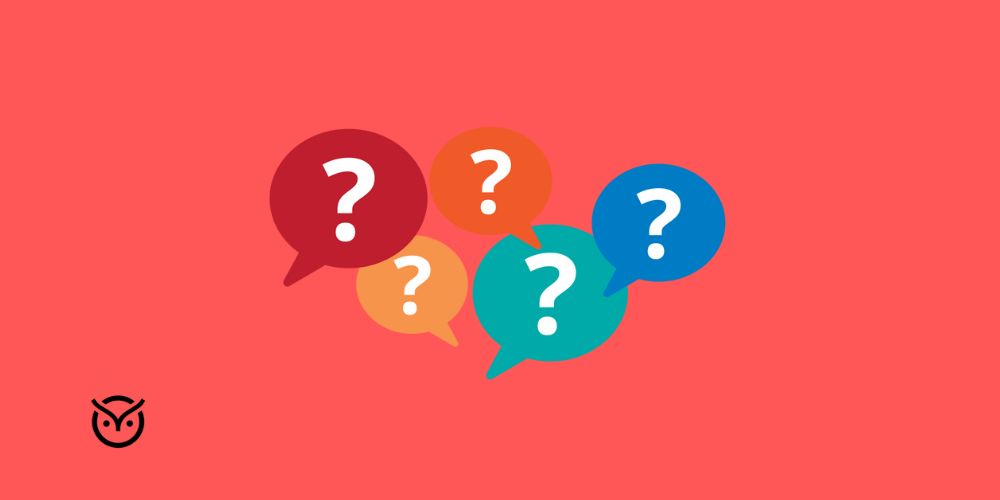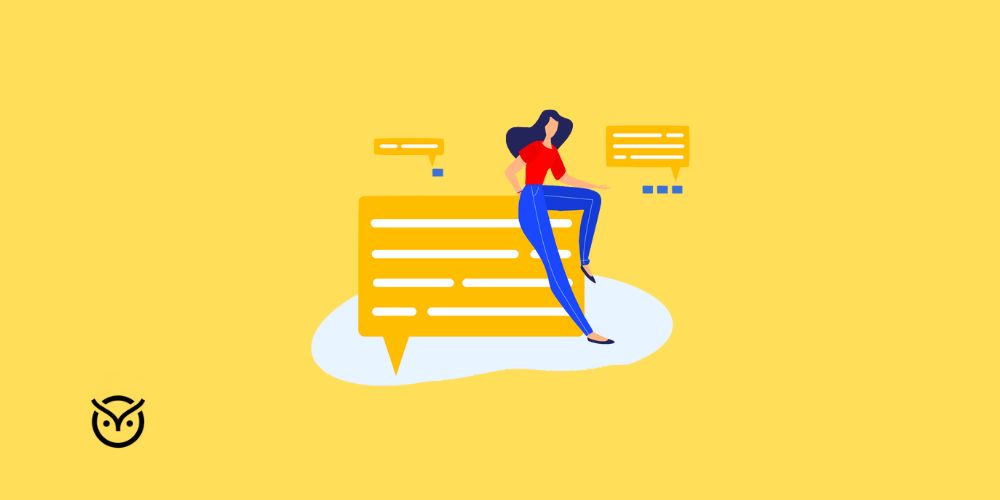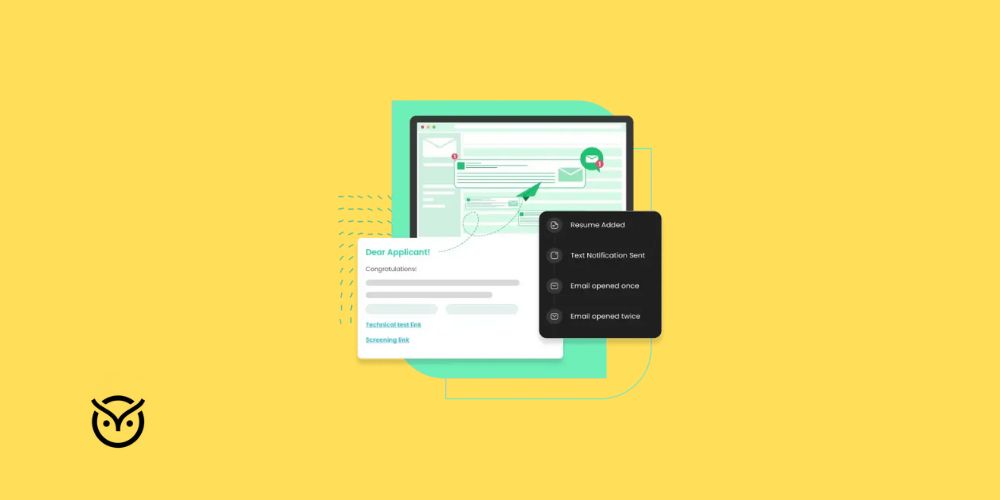
TL;DR
- Prepare answers for common phone interview questions.
- Understand recruiter goals and keep responses brief.
- Practice with a mock conversation to improve tone and pacing.
- Choose a quiet space with no distractions.
- Dress professionally to boost confidence.
- Keep resume, job description, and notes handy.
- Smile while speaking to sound warm and confident.
- End with thoughtful closing questions.
- Send a thank-you email within 24 hours.
- Follow up if no response within the agreed timeline.
Getting ready for a job interview can feel overwhelming, and preparing for a phone job interview brings its own set of challenges. Without the chance to make eye contact or share a firm handshake, it’s easy to wonder how to stand out. You need to make a strong first impression even without being in the room.
The good news? With the right approach, you can turn that phone call into your ticket to the next round. In this guide, we’ll break down practical tips for preparing for a phone job interview, common questions to expect, and how to build momentum after you hang up.
Phone Interview Tips

When it comes to preparing for a phone job interview, you need more than a quiet space and strong cell service. Let’s walk through how to get ready the smart way:
1. Study the Common Phone Interview Questions
Phone interviews are all about quick filtering. Expect straight-to-the-point questions like “Can you tell me about yourself?” or “Why are you interested in this role?” or “What are your greatest strengths and weaknesses?” Having answers ready for these common phone interview questions will help you sound sharp and confident without scrambling for words.
Here is a pro move. Build a phone interview cheat sheet. Not a script but a few quick bullet points about your key wins, best skills, and why you are excited about the role. It keeps you focused without making you sound like a robot. It is a small thing that makes a huge difference.
2. Understand How to Prepare for a Phone Interview with a Recruiter
Knowing how to prepare for a phone interview with a recruiter means understanding their main goal: they’re screening for fit, not drilling deep. Recruiters often ask the same handful of questions, so it helps to anticipate “what questions are asked in a telephone interview?” before you even pick up the call.
Some typical recruiter-style questions might include:
- “Walk me through your resume.”
- “What interests you about this opportunity?”
- “When can you start?”
Focus on clear, brief responses that align your background with what the company needs. And remember, tone matters: sound enthusiastic but professional. It builds rapport even without body language.
3. Practice with a Phone Interview Sample Conversation
Rehearsal builds confidence. One of the most powerful ways to get ready is by practicing a phone interview sample conversation. Grab a friend, or even just record yourself answering mock questions.
Running through a phone interview sample conversation lets you fine-tune your pacing and tone, which are crucial when your voice is the only tool you have to make a connection. Practicing also helps you naturally weave in key points without rambling, which keeps the recruiter engaged.
4. Set Up a Distraction-Free Environment
One of the easiest ways to sabotage a phone interview is with unnecessary background noise. Before the call, find a quiet space with strong reception, silence your phone notifications, and make sure family members or roommates know not to disturb you. Staying fully focused helps you stay sharp and professional, making a better impression when you’re preparing for a phone job interview.
5. Dress Like It’s an In-Person Interview
Just because they cannot see you does not mean you should show up in pajamas. Dressing professionally, even for a phone interview, flips a switch in your mindset. You sit straighter, speak with more purpose, and sound like someone ready for the role. Treat it like a real meeting. Dress the part so you feel the part.
6. Keep Your Resume and Notes in Front of You
One of the perks of phone interviews is that no one sees your desk. Take full advantage. Keep your resume in front of you, pull up the job description, and have your phone interview cheat sheet ready with quick bullet points. It is not about reading lines. It is about having sharp reminders so you can reference your experience naturally without scrambling or sounding rehearsed. Think of it as your behind-the-scenes lifeline.
7. Smile While You Talk
It may sound odd, but smiling while you speak during a phone call actually makes your voice sound warmer, more energetic, and more likable. Vocal tone heavily influences how friendly and trustworthy a speaker is perceived. A simple smile can give you an edge when you’re preparing for a phone job interview.
8. End with a Strong Closing Question
Do not just say thanks and hang up. End strong. Have a few thoughtful questions ready that show you have done your homework. Ask about the company’s values, current priorities, or what success looks like in the role. A good closing question does more than check a box. It shows you are curious, intentional, and already thinking like someone on the inside. It is the last impression you leave, so make it count.
What to Do After a Phone Interview?

Finishing a phone interview doesn’t mean the work is done. Your post-interview actions can be just as important as preparing for a phone job interview itself.
First, always send a thank-you email within 24 hours. Keep it short, professional, and genuine. Mention something specific you discussed during the call to personalize your message. Recruiters notice this small step. A CareerBuilder survey, as quoted by PR Newswire, found that 22% of employers are less likely to hire a candidate who doesn’t send a thank-you note.
Second, reflect on the call. Take a few minutes to jot down the common phone interview questions you were asked and how you responded. This will help you spot areas you handled well and areas you can improve before your next round.
Third, update your phone interview cheat sheet based on what you learned. Maybe there were unexpected questions you hadn’t practiced for or topics you want to research further. Fine-tuning your notes will make your next conversation even sharper.
Finally, stay patient but proactive. If you haven’t heard back within the timeline discussed, a polite follow-up email after about a week is completely acceptable.
Is a Phone Interview the Same as a Virtual Interview?

While both involve remote conversations, a phone interview and a virtual interview are not quite the same, and understanding the difference is important when preparing for a phone job interview.
A phone interview is purely voice-based. The recruiter focuses mainly on how clearly, confidently, and professionally you communicate. Without visual cues, your tone, word choice, and pacing become even more critical. This is where practicing with a phone interview sample conversation can give you a major advantage.
On the other hand, a virtual interview happens over a video platform like Zoom, Microsoft Teams, or Google Meet. In a virtual setting, it is not just about what you say but how you show up on screen. Your appearance, body language, and eye contact all matter. You are being evaluated on how you present yourself visually, just as much as how you answer the questions. It is a full package deal.
In fact, an article from Visual Planning states that 86% of companies today conduct at least some interviews via video. That’s why knowing whether you’re preparing for a phone interview conversation or getting camera-ready for a video call makes a real difference.
Both formats demand preparation, but the skills you highlight and the way you deliver your answers need to match the medium.
Download Phone Interview Conversation Sample PDF

If you’re someone who learns best by example, this one’s for you. We’ve put together a professionally written phone interview sample conversation that shows you exactly what a great screening call sounds like from the friendly intro to the smart closing question.
This sample helps you:
- Understand the tone and structure of a real recruiter call
- Learn how to answer the common phone interview questions naturally
- Practice your responses using realistic phrasing
- Feel more confident while preparing for a phone job interview
Ready to practice like a pro?
Click here to download the Phone Interview Conversation Sample PDF
Conclusion
Getting ready for a phone interview is more than finding quiet and checking your signal. It is about showing up with clear answers, a calm voice, and a curious mindset. From prepping for those common phone interview questions to sending a follow-up that actually feels human, every move matters. With the right prep, even a short phone call can open the door to something big. So stay focused, be real, and treat every conversation like it could shape your next chapter because it can.
FAQs
What is the #1 question asked on a phone interview?
The most common question is: “Can you tell me about yourself?” It’s your chance to highlight your skills, experience, and interest in the role, so prep it well using your phone interview cheat sheet.
How serious is a phone interview?
Very serious. It’s often the first screening step, and up to 65% of candidates are rejected at this stage. Treat it like a real interview when preparing for a phone job interview.




